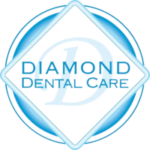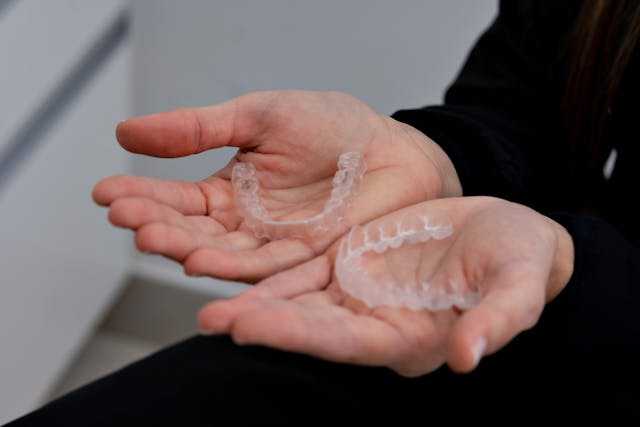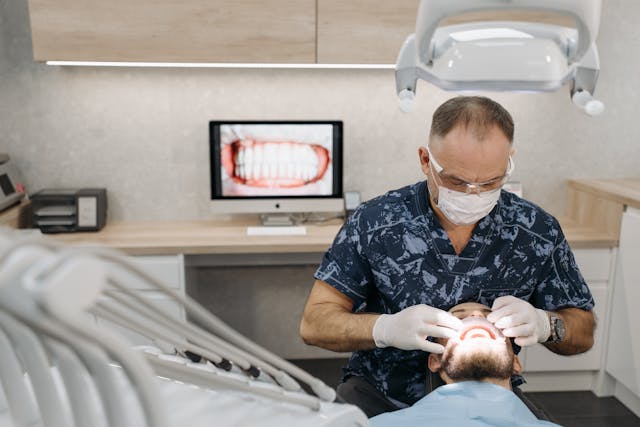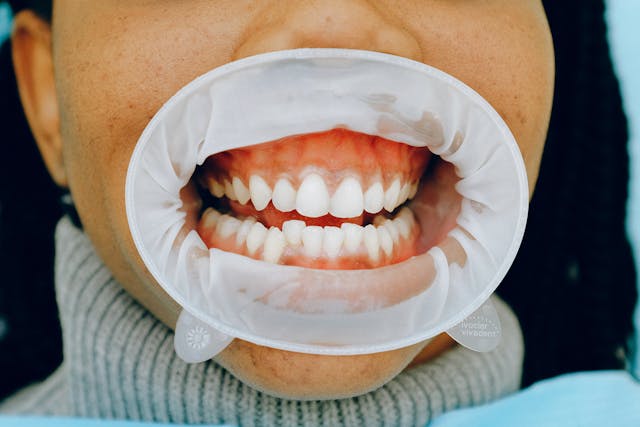Introduction
Did you know that your sleep quality can impact your oral health? Many people focus on brushing and flossing but overlook how sleep affects their teeth and gums. Sleep disorders like bruxism and sleep apnea can lead to dental problems, making it essential to understand the connection between sleep and oral health.
At Diamond Dental Care, located at 303 South Diamond Bar Blvd, Ste 2C, Diamond Bar, CA 91765, we use digital X-rays to provide precise, effective, and safe dental services. Let’s dive into the transformative impact of digital X-rays and how they benefit patients during treatment planning.
To book your visit, call us at (909) 860-7579. You can also connect with us on Facebook or leave a review on Yelp. We look forward to seeing you!
The Connection Between Sleep and Oral Health
Sleep plays a crucial role in maintaining overall health, including your dental well-being. Poor sleep can weaken your immune system, making it harder to fight off oral infections like gum disease. Additionally, sleep disorders can cause dry mouth, teeth grinding, and other dental issues.
Common Sleep Disorders That Affect Oral Health
Bruxism (Teeth Grinding and Clenching)
Bruxism is a condition where individuals unconsciously grind or clench their teeth, often during sleep. This can cause tooth wear, sensitivity, and even fractures. Many people don’t realize they grind their teeth until a dentist notices the damage.
Sleep Apnea and Its Impact on Dental Health
Obstructive sleep apnea (OSA) occurs when breathing repeatedly stops during sleep. This condition can cause dry mouth, leading to an increased risk of cavities and gum disease. Oral appliances can help manage sleep apnea and reduce dental complications.
Dry Mouth and Its Effects on Teeth and Gums
Saliva plays a vital role in keeping your mouth healthy by washing away bacteria. Sleep disorders and certain medications can cause dry mouth, increasing the risk of tooth decay and bad breath.
Insomnia and Its Indirect Effects on Oral Hygiene
Lack of sleep can lead to fatigue and poor oral hygiene habits. When you’re too tired, you might skip brushing and flossing, increasing the risk of cavities and gum disease.
How Sleep Deprivation Affects Your Oral Health
Sleep deprivation can cause stress, leading to bruxism and gum inflammation. It can also weaken your immune system, making it easier for bacteria to cause infections in your mouth.
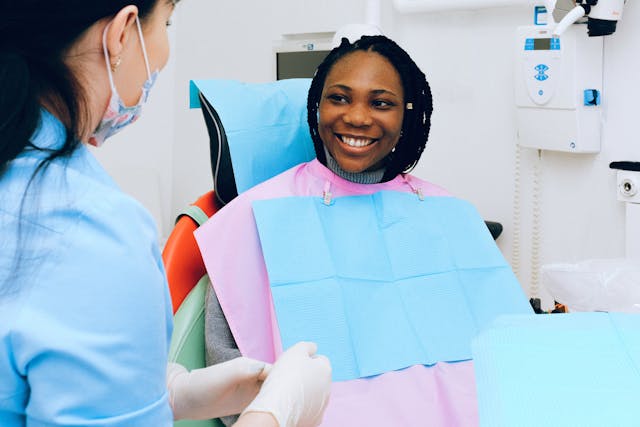
Bruxism: Causes, Symptoms, and Treatments
How Stress Contributes to Teeth Grinding
Stress and anxiety are major triggers for bruxism. Practicing relaxation techniques can help reduce teeth grinding.
Symptoms of Bruxism to Watch For
- Jaw pain or soreness
- Headaches in the morning
- Worn or chipped teeth
- Increased tooth sensitivity
How to Prevent and Treat Bruxism
- Use a nightguard
- Reduce stress through meditation or therapy
- Avoid caffeine and alcohol before bed
The Impact of Sleep Apnea on Dental Health
How Sleep Apnea Leads to Dry Mouth and Cavities
People with sleep apnea often breathe through their mouths, causing dryness and increasing the risk of cavities and gum disease.
The Role of Oral Appliances in Managing Sleep Apnea
Custom-made oral appliances can help keep the airway open, reducing sleep apnea symptoms and protecting oral health.
Tips for Better Sleep and Improved Oral Health
- Stick to a consistent sleep schedule
- Create a relaxing bedtime routine
- Avoid caffeine and sugar before bed
- Invest in a comfortable mattress and pillow
- Brush and floss before sleeping
When to See a Dentist for Sleep-Related Dental Issues
If you experience symptoms like jaw pain, dry mouth, or worn-down teeth, visit a dentist for an evaluation.
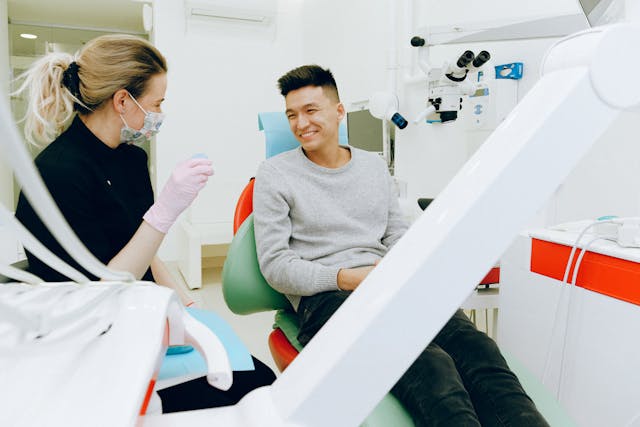
How Diamond Dental Care Can Help
At Diamond Dental Care, we offer solutions for sleep-related dental issues. Whether you need a nightguard for bruxism or an oral appliance for sleep apnea, our team can help. Visit us at 303 South Diamond Bar Blvd, Ste 2C, Diamond Bar, CA 91765, or call (909) 860-7579 to schedule an appointment.
Conclusion
Getting quality sleep is essential for maintaining a healthy smile. Sleep disorders like bruxism and sleep apnea can impact oral health, but with the right care and lifestyle changes, you can protect your teeth and gums.
FAQs
How does sleep affect my oral health?
Sleep helps your body repair tissues, including your gums. Poor sleep can lead to inflammation and increase the risk of gum disease.
Can a dentist detect sleep apnea?
Yes, dentists can spot signs of sleep apnea, such as worn teeth from grinding or a dry mouth, and recommend treatment options.
What are the best treatments for bruxism?
Using a nightguard, reducing stress, and avoiding stimulants before bed can help manage bruxism.
Does lack of sleep increase my risk of cavities?
Yes, poor sleep can lead to dry mouth and lower saliva production, increasing cavity risk.
How can I prevent dry mouth while sleeping?
Stay hydrated, avoid alcohol and caffeine, and consider using a humidifier at night.
